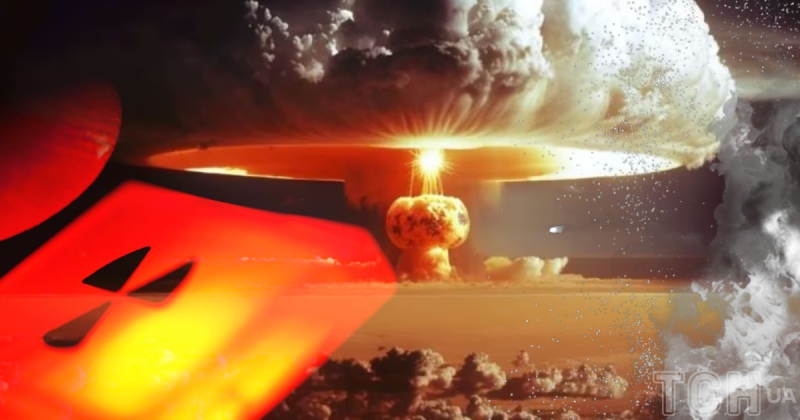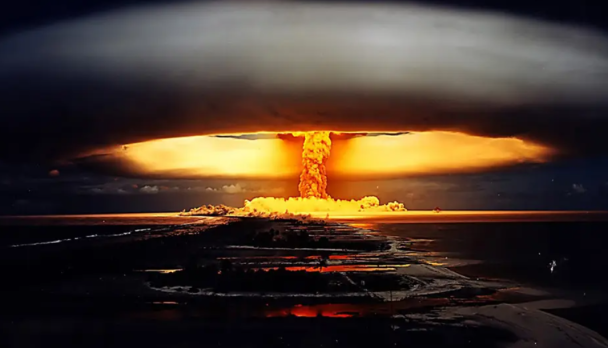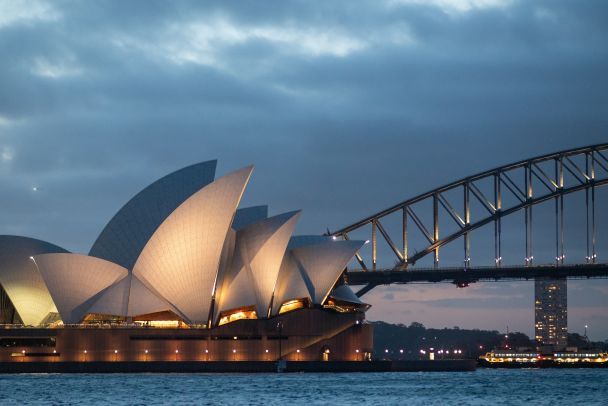The expert named only two places on Earth that would be safe during and after a nuclear war.

A nuclear war would be devastating and spread radiation across almost the entire world, but an expert has revealed the only region where a nuclear apocalypse could be survived.
The Daily Mail writes about this.
Investigative journalist Annie Jacobsen explains why people seeking to escape the horrors of World War III should consider fleeing to Australia or New Zealand.
In her opinion, these countries of the Southern Hemisphere will be the only place that will be able to support agriculture after a nuclear catastrophe in the northern part of the world.
Jacobsen discussed the eerie timeline in which nuclear war would destroy most of the Earth during a conversation with podcast host Stephen Bartlett.
“Places like Iowa or Ukraine will be covered in snow for 10 years. So agriculture fails, and when agriculture fails, people just die,” the journalist believes.
“You also have radiation poisoning because the ozone layer will be so damaged and destroyed that you won’t be able to be outside in the sunlight,” Jacobsen said during the 2024 podcast.
“People will be forced to live underground. So you have to imagine people living underground, struggling for food everywhere except New Zealand and Australia,” she continued.
Even before the crisis in the Middle East escalated, Jacobsen published a book called Nuclear War: A Scenario, which outlined in shocking detail how the world would end during World War III.
“Hundreds of millions of people will die”
According to the journalist, after a nuclear war there will be a nuclear winter – a strong, prolonged global cooling.

In a full-scale war, where many cities were hit by nuclear bombs, these explosions would cause huge fires, burning buildings, forests, and other structures. Smoke and soot from these fires would rise high into the sky, into a part of the atmosphere called the stratosphere, where they could remain for years because rain could not wash them away. This thick layer of soot would block sunlight from reaching the Earth's surface, casting a giant shadow over the planet.
With less sunlight, the Earth will become much colder. Experts Jacobsen spoke to in her book predicted that temperatures in the United States would drop, making agriculture impossible.
This cold and darkness would lead to massive food shortages and starvation. Animals and fish would also struggle to survive, making food even more scarce.
According to the journalist, out of 8 billion people on Earth, a maximum of three billion will survive.
Where it will be possible to survive
Jacobsen names Australia and New Zealand as the only places where agriculture can truly develop.

In addition to both countries being able to produce food after a nuclear war, Australia and New Zealand have a number of other factors that make this part of the world a haven from global destruction.
They are far from the major nuclear powers that would likely trigger a world war – the US, Russia and China.
As island nations, their isolation in the Pacific and Southern Oceans limits radioactive fallout from nuclear explosions in the north.
Earlier, former Foreign Minister Dmytro Kuleba stated that after the ceasefire between Iran and Israel, “World War III is temporarily postponed.”

